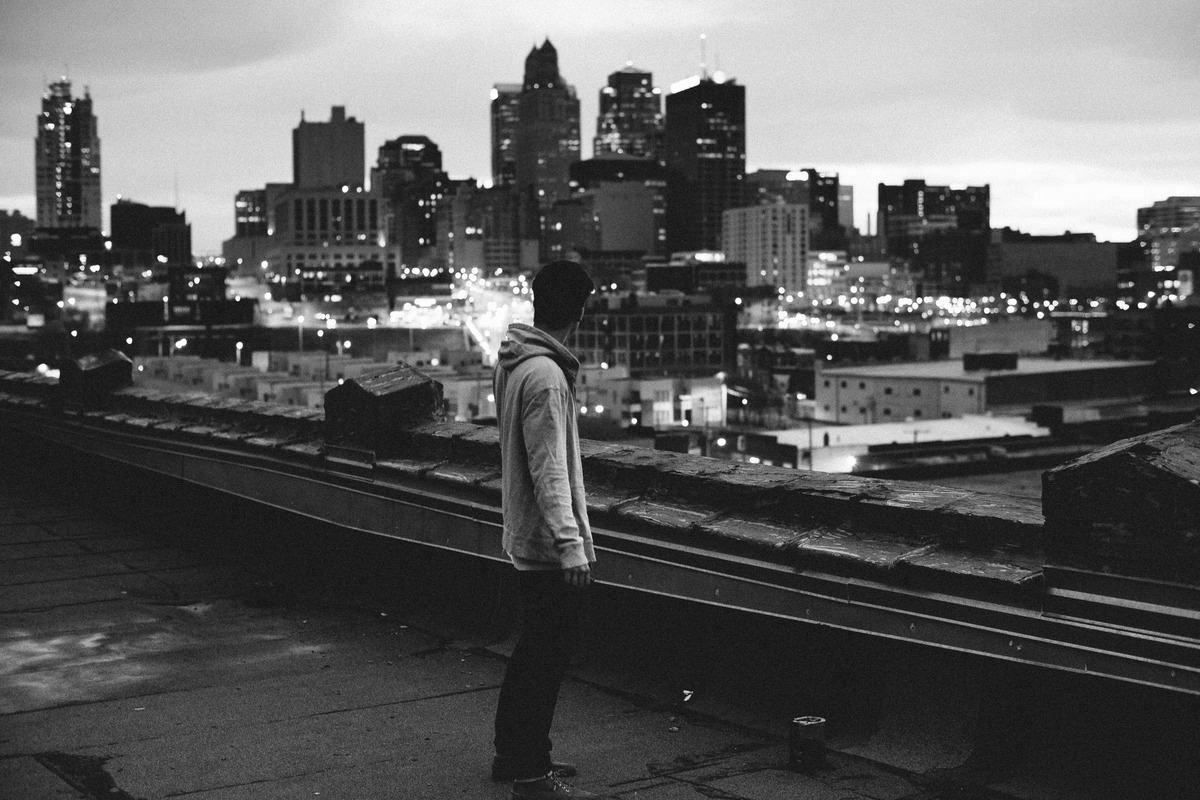Philanthropic Action In Our Community, Society, Culture And Country
In 1919, when responding to the essay prompt “what is wrong with the world?” G.K Chesterton wrote, “I am”. This is at first a difficult concept to grasp; we often want to define ourselves within a community, society, culture, or country—until our answer is a justified: “we are.” Two nights ago, I was walking along Broadway at 2 a.m. Tired, hungry, but happy for good company and my long, down coat. I nearly approached the market I was heading to when a man I’ve passed every day since June looked me straight in the eye and with a shaky, desperate voice murmured, “it’s cold.” “I know,” I whispered, “I know.” And I felt the weight of the world sit a littler heavier on my shoulders.
Everyone has the beggar they’ve become accustomed to, the cause they’ve been meaning to join, the protest they thought about marching in. Taking these actions can easily seem too distant from our daily lives, and so these “I’ve been meaning to’s” slowly turn into a flurry of excuses: “I need that cash for the subway, ” in my case. These excuses spark that attempt to justify the world’s ailments as the result of a collective blame—therein lies the “we are”. But that common sentiment of collectivity ignores where the root of what’s wrong with the world begins: the individual.
Perhaps more than any other time in my life, I feel that I have noticed the ominous nature of today’s world. This is not to say that countless incredible, happy things do not occur everyday, but headlines of racism, environmental disasters, civil uprising, death, war, plane crashes, and political instability are suddenly impossible for me to ignore. Thus, I am here to readily admit that I too have slinked away from actively participating in changing this world, opting instead to continue with my daytoday life. Still, often a lack of philanthropic action is not the result of inability, but of uncertainty: I don’t know what to do.
I, like I imagine most will agree, ache for a better tomorrow. And it is true that today’s headlines seem an impossible obstacle: I, alone, cannot end hunger. I cannot force equality, or restore earth’s resources. I cannot pilot planes to safety. But it does not take an entire society to buy one man a cup of soup. So what I can do is distinguish between the part I play—the contribution I make—to the issues that I see and the part of the collective.
This means to first recognize that the above is an individual distinction: the way I participate is not the same as those around me. This means recognizing that I am here to consciously take responsibility for my own part. That I am prepared to utilize this newfound responsibility as an opportunity to participate that I am able—to provoke change where I see fit, when I see fit, aware of my individual affect on this world.
FROM THE EDITOR
At Conscious, remarkable people and organizations inspire us, and so we set out to tell stories that highlight human interest stories, global initiatives, innovation, community development, and social impact. You can read more stories like this when you subscribe




